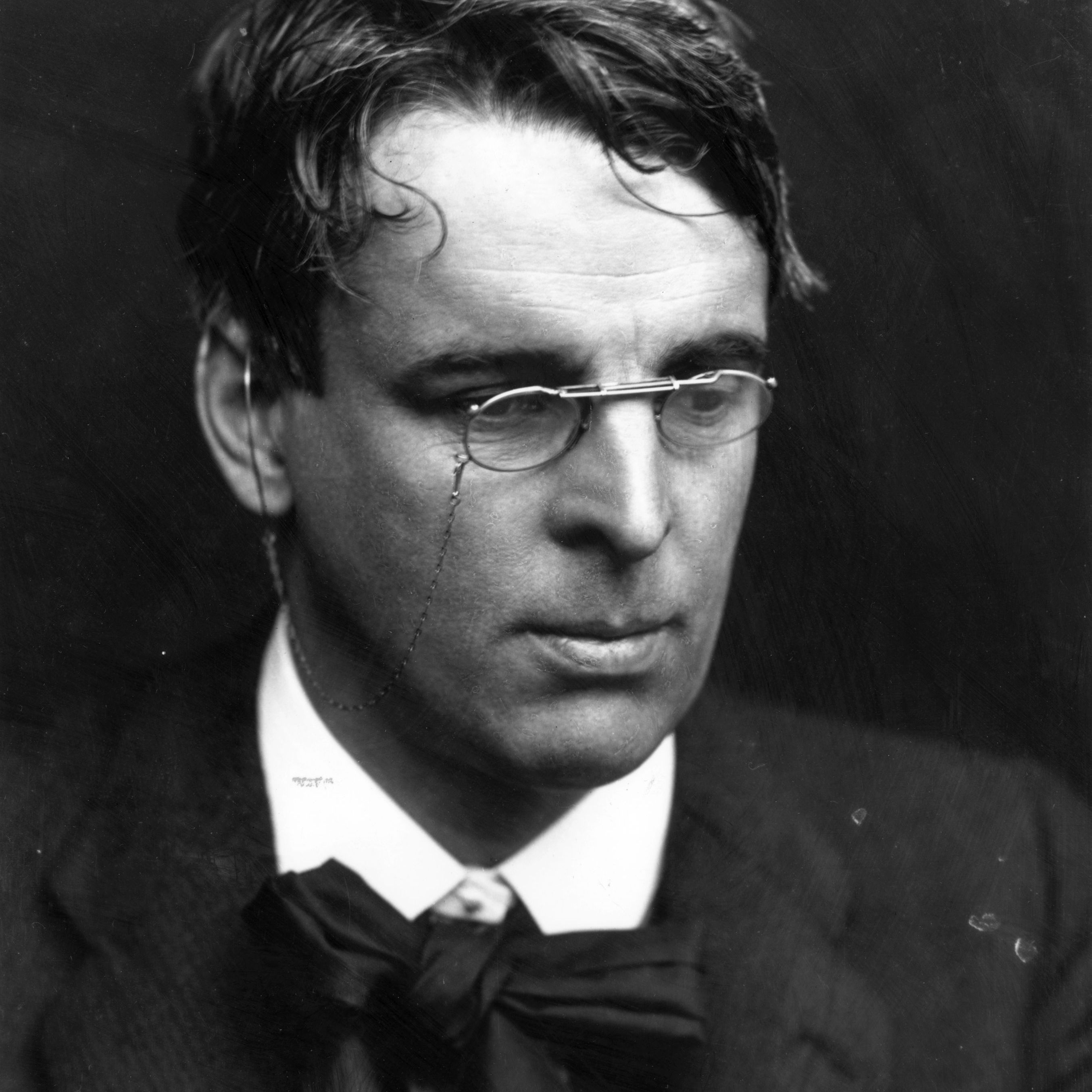Why should I blame her that she filled my days
With misery, or that she would of late
Have taught to ignorant men most violent ways,
Or hurled the little streets upon the great,
Had they but courage equal to desire?
What could have made her peaceful with a mind
That nobleness made simple as a fire,
With beauty like a tightened bow, a kind
That is not natural in an age like this,
Being high and solitary and most stern?
Why, what could she have done, being what she is?
Was there another Troy for her to burn?
Published:
1912
Length:
Shorty
Literary Movements:
Modernism
Anthology Years:
2023
Themes:
Love & Relationships
Literary Devices:
Allusion
an expression designed to call something to mind without mentioning it explicitly; an indirect or passing reference
End Rhyme
when a poem has lines ending with words that sound the same
Rhetorical Question
a question asked for effect, not necessarily to be answered

